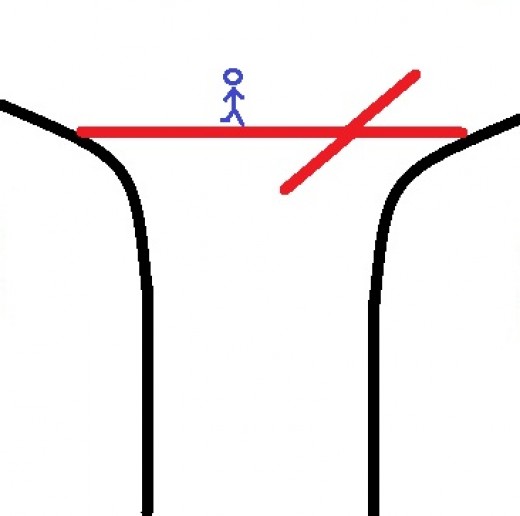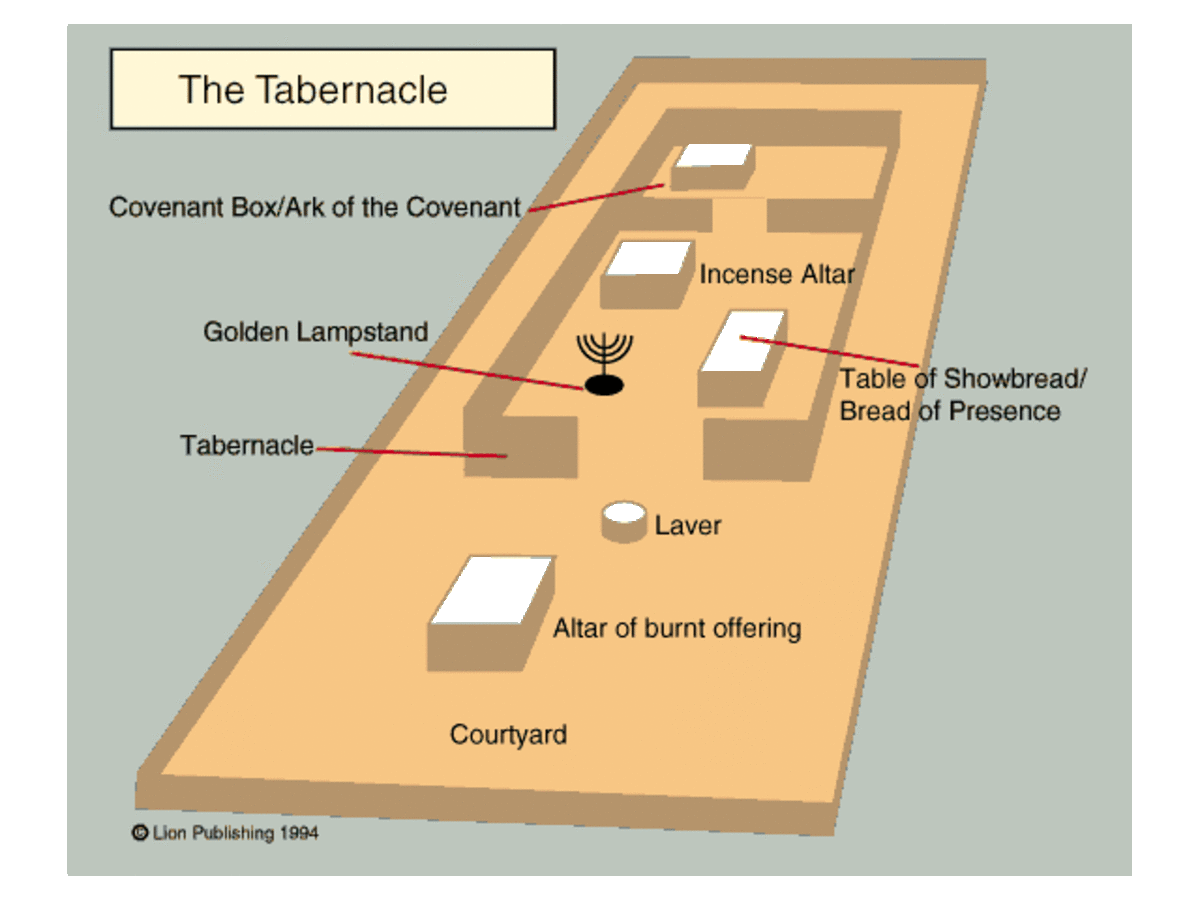Insurance policy that all can afford 2 Timothy 1:9

He has saved us and called us to a holy life—not because of anything we have done but because of his own purpose and grace. This grace was given us in Christ Jesus before the beginning of time, 2 Timothy 1:9 NIV
Some cornerstones of Christian theology here. First, the term saved. It implies a predicament, some form of danger. That predicament and danger being separation from God. When were we separated? We were separated from birth. Born bad? Relatively, I suppose not. But, as a parent, I learned that my kids needed no training in how to be defiant. They were experts in defiance from jump. Born into the same nature that I was, a prideful and defiant one. That nature, fostered by a world enveloped in searching for any solution other than the one outlined in scripture, a solution provided by God. A solution offered in love, to bridge a gap created as a result of free will. Free will required for a genuine relationship to exist, but also having potential and statistical certainty of choice to the contrary. And thus, as outlined in Genesis Ch 3, a perfect state of affairs was compromised. A downhill trajectory started, the near end result we see before us today. “near end” because all signs and prophecy point to an end of the age we are in, an age which still allows for opposition to God’s desire for where we should be. He is letting it play out.
“He has saved us”: Saved in the past tense, the work has been done. Again, based on revelation and individual circumstance, only a decision is required. A response to His offer.
Which brings us to grace. Grace being that offered which is not deserved or merited. “not because of anything we have done”, as no effort on our part can merit an adequate stand before a perfect God. Grace much like that we offer to our own children. They cannot earn it, we love them regardless. We are then, capable of unconditional love and forgiveness, as we are made in His image. Flawed, yes, but His signature can be found within ourselves.
“before the beginning of time”: His sacrifice, although physically accomplished 2000 years ago, transcends time. That evidenced in Genesis, where righteousness was credited to Abraham on the basis of His faith. His faith in the same eternal God who Had yet to take on flesh and act in the earthly sense on his behalf. But the time transcending sacrifice still applied.
An insurance policy then, which is entirely unique:
1. It provides blanket coverage, where assumed relative merit or need on the part of recipients is irrelevant. Irrelevant in that any need becomes infinite need; all have some and some is no different than some + 1 when they both come up short.
2. There is a huge price on the policy, but it has been paid by none other than the insurer Himself. It is, therefore, free. Paid in full. It would be futile then, to attempt to pay on a bill already settled, one which we could never accommodate anyhow.
One similarity does exist between it and some of the policies we have become accustomed to. It is not mandated, only offered. Forced participation in any covenant is inconsistent with the definition.
Finally, does the policy have an expiration date? At first glance, one might say yes. On the other hand, it might be better viewed that what was formerly not attractive will be no more so, despite the alternative. Only regret that one’s desired alternative turns out to be non-existent, the realization that there is something and someone more important than self; and that someone loved us all along.
And He wants us to give Him a chance. He is looking for a small crack in our heart. He will find that crack if it is there.








